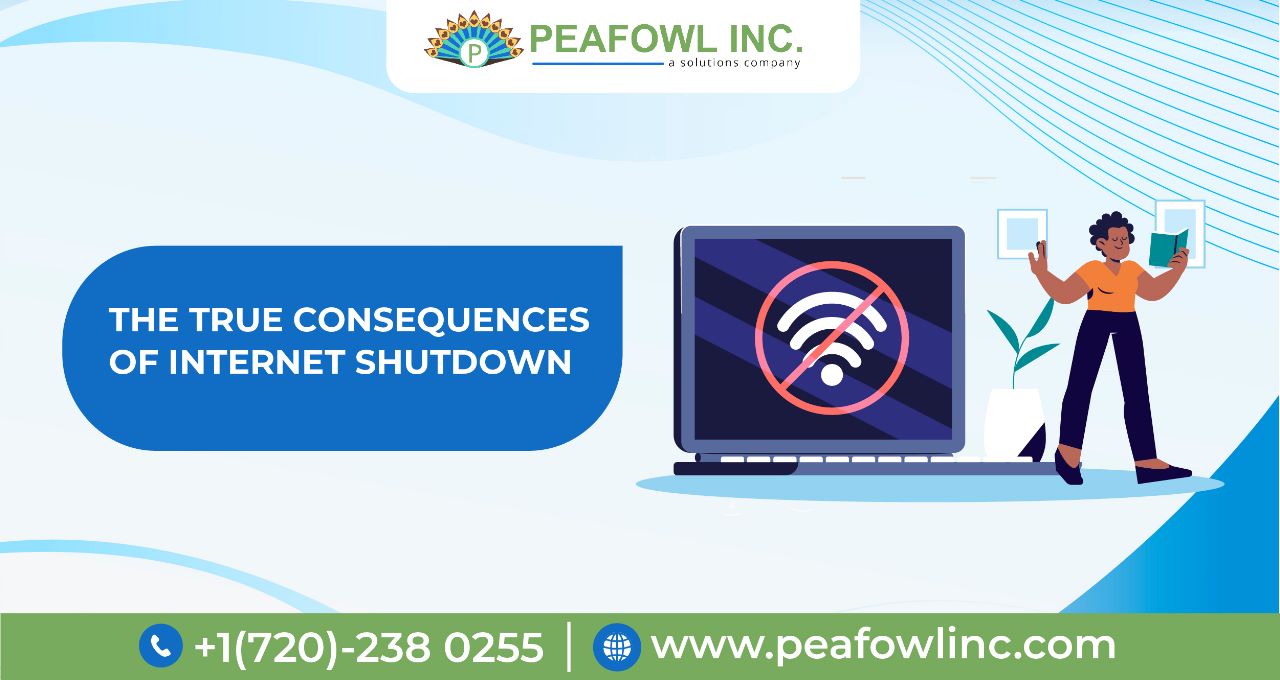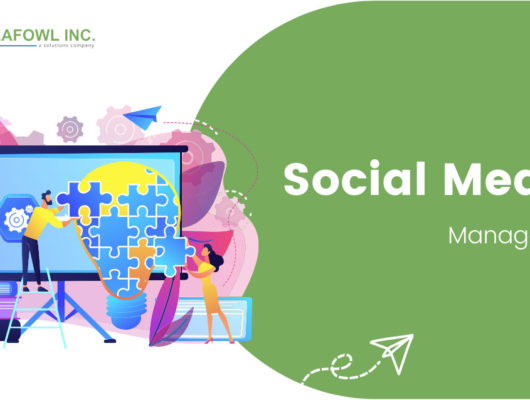The Internet has become an integral part of modern society. Revolutionizing how we communicate, access information, conduct business, and participate in the global economy. However, despite its tremendous benefits, the Internet has also been a subject of political control, leading to implementing Internet shutdown in certain regions and during specific events. Internet shutdown, also known as internet blackout or disruption, refers to the intentional and temporary disruption of internet services, either partially or entirely, by government authorities or network providers. While governments often justify these shutdowns for reasons like maintaining law and order, preserving national security, or preventing the spread of misinformation. But according to Peafowl, the real impact of such actions goes beyond the reasons cited.
Motives for Internet Shutdown
Internet shutdowns have frequently been implemented, often citing political crises as the rationale to prevent violent protests within the country. Research indicates that internet shutdowns are commonly employed during election periods to disrupt election campaigning and hinder public political discourse.
These shutdowns significantly impact the work of the media and journalists, who play a crucial role during elections. Additionally, internet shutdown is justified on the grounds of controlling the dissemination of hate speech, misinformation, and illegal or harmful content.
Suppression of Freedom of Expression One of the most severe consequences of an internet shutdown is the infringement of freedom of expression. The Internet allows people to express their opinions, participate in democratic discussions, and voice dissenting views. By cutting off access to the Internet, governments can stifle public discourse and prevent citizens from accessing independent news sources. This suppression of freedom of expression not only undermines democracy but also perpetuates a climate of fear and disinformation.
- Economic Disruptions
Internet shutdown have significant economic repercussions. In today’s interconnected world, businesses rely heavily on the Internet for communication, marketing, transactions, and supply chain management. During the internet shutdown, e-commerce platforms, online services, and digital payment systems become unavailable, leading to financial losses for businesses and entrepreneurs. Moreover, investor confidence may waver due to uncertainties caused by such shutdowns, resulting in reduced foreign investments and economic growth.
- Education and Learning Impediments
Internet shutdown severely impacts education and learning opportunities. Online education platforms have become essential tools for students of all ages, offering access to various educational resources and enabling distance learning. When the Internet is cut off, students are deprived of their right to education, and this disruption can exacerbate existing educational disparities. Educational institutions may also need help to function efficiently, and research collaborations can be hindered, affecting the advancement of knowledge and innovation.
- Healthcare and Public Services
In times of crisis, the Internet is vital in disseminating crucial information about public health emergencies, such as pandemics or natural disasters. During such events, internet shutdowns can impede the flow of information from health authorities, leading to confusion and panic among citizens. Healthcare professionals also rely on internet connectivity for telemedicine, sharing medical knowledge, and coordinating emergency responses. An internet blackout can disrupt these services, jeopardizing public health and exacerbating the impact of the crisis.
- Social Isolation and Psychological Toll
Internet shutdowns isolate individuals from their social circles, impacting mental well-being and exacerbating feelings of anxiety and loneliness. People cannot connect with loved ones, access online support groups, or seek help during emergencies. The inability to stay connected during challenging times can lead to a sense of powerlessness and further diminish trust in authorities.
Conclusion
Internet shutdowns may be perceived as a means of control, but their impact extends far beyond temporary disruptions in internet access. These shutdowns infringe on fundamental human rights, suppress freedom of expression, hamper economic growth, disrupt education, jeopardize public health, and exacerbate social isolation. Instead of addressing the issues, governments may seek to control, the internet shutdown exacerbates them, creating more significant societal challenges and hindering progress and development.
While governments must address security concerns and social issues, the long-term consequences of internet shutdowns on fundamental rights and socio-economic well-being demand careful consideration. Promoting open and constructive dialogue, protecting human rights, and addressing concerns through transparent and democratic means are essential to ensure a more stable and connected global society.







